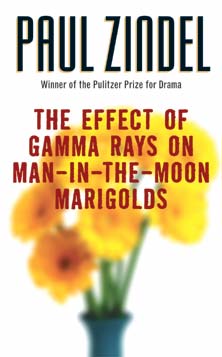| <<Back |
|
conv.jpg) |
|---|

Winner of the Pulitzer Prize for Drama |
SYNOPSIS |
REVIEWS "The ultimate accolade must go to Paul Zindel for creating a psychologically perceptive ambiance. Shame hangs in the air of this house and palpably as poison gas. And yet, Zindel reminds us, strong, strange, beautiful flowers spring from such compost heaps. It is a troubling thought, one of the honest and intelligent values of this splendid and tormented play."--Time First published in 1970, the themes of Paul Zindel's Pulitzer Prize-winning play are still relevant today. Tillie is the hopeful protagonist, working toward her educational goals in an effort to escape the chaos of her home. Tillie's mother, Beatrice, is cruel and mad; abusive to her children and to the old woman who boards with the family. Ruth interrupts the chaos with her epileptic fits and alternates between supporting her sister and winding her mother up. Tillie's pain and fear are at the forefront of the story, as she struggles to succeed in the school science fair and receive positive recognition for her man-in-the-moon marigolds. Tension between the characters reaches its height on the night of the fair, when a last minute insult from Ruth causes her mother to remain home in shame. Beatrice's act of retaliation is shocking and brings the play to its disturbing conclusion. The compelling characterizations and plot work together to make this play the classic that it has become.--Children's Literature - Mary Loftus |
REVIEWS BY KIDS |
You can also order the play from
Dramatist Play Service